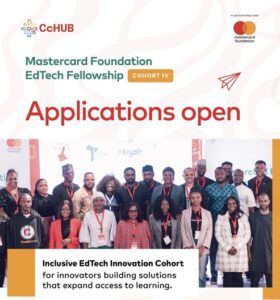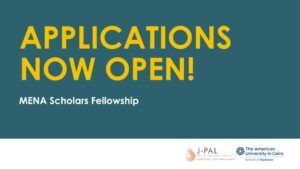Every year, The Open Notebook offers a paid, part-time fellowship program for early-career science journalists. During the course of this fellowship, fellows work with a mentor to plan, report, and write articles for publication at The Open Notebook and become part of the TON editorial team. This ten-month program offers fellows the opportunity to explore their career interests and passions and to sharpen their skills as part of a talented, supportive, diverse community of past and present fellows and mentors.
During this fellowship, each fellow will pitch, report, and write four articles for publication at The Open Notebook—a mix of “story behind the story” interviews and reported features. They will have weekly phone or video meetings with a mentor who is an experienced science journalist and who will help them shape story ideas, provide reporting and writing guidance, edit fellows’ article drafts, and offer general craft and career-development advice and guidance. Typically, fellows’ articles go through several rounds of substantive editing.
Eligibility
The fellowship is open to early-career science journalists with fewer than three years of regular professional science writing experience. Please note the following details:
- Internships and student work do not count toward this requirement.
- Exceptions to this requirement may be made for cases in which an applicant has more than three years of professional science writing experience but some or all of that experience is not in English.
- Some training and/or experience in writing for the general public is a requirement for this fellowship.
- International applicants are welcome. However, applications, including writing samples and letters of recommendation, must be in English. Materials translated into English from another language are acceptable.
Selection Criteria
Priority will be given to applicants who demonstrate:
- A strong intention to work primarily as a professional science journalist. (Note: This fellowship is intended for people whose main goal is to do journalism, as opposed to other forms of science communication.)
- Some training and/or experience writing about science for the general public (it does not have to be extensive)
- Some understanding of the science journalism profession, the challenges science journalists commonly face, and the ways in which you would like to grow as a science journalist
- Familiarity with The Open Notebook and the types of topics we tend to cover
- An ability to generate good story ideas suitable for The Open Notebook
- Strong writing ability
- If English is not your first language, we do take this into consideration and do not expect flawless writing. However, for a successful experience in this fellowship you must have a fairly high level of proficiency in English.
Method of Application
The application form for this fellowship includes the following:
- Responses to questions about:
- Why you are interested in this fellowship and what you hope to learn
- Your prior training and/or experience in writing stories about science for the general public
- Any particular skills, interests, or perspectives that you would bring to this fellowship
- Your overall plans for during the fellowship period (for example, will you simultaneously be finishing a dissertation? Freelancing? Seeking full-time employment somewhere? Doing something else?)
- Short proposals for two TON features or multimedia stories that you think would be suitable for publication at The Open Notebook. These can take the form of behind-the-story writer interviews; reported features on some element of the craft of science writing; roundtable discussions; or some other creative, feature-length project centered on the craft of science writing. (These are not full-scale pitches.)
- A resume or CV
- One letter of reference. This can be from a professor, editor, mentor, supervisor, or other colleague—whoever you think can best speak to your skills and qualities as they relate to science journalism and to this fellowship experience.
- Up to two writing or multimedia samples of work aimed at the general public (not scientific/academic writing). If you are sharing audio or multimedia clips, you can simply put the URLs for the work into a PDF to upload in this section. (Samples must be in English. Translated materials are acceptable.)
- Optional: Additional information about you. We strongly encourage writers from all types of backgrounds to apply. If you are a member of any group or community that has historically been marginalized or underrepresented in U.S. journalism, we invite you to let us know. This is entirely optional, and any information you disclose will be kept confidential
For More Information,
Visit the Official Webpage
Application Deadline: October 31, 2023.

